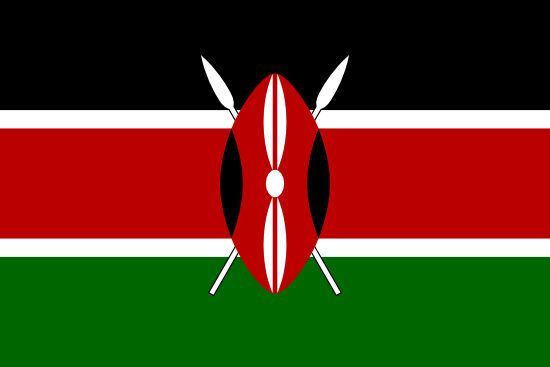The division of Global Target 21 into two national targets for Kenya reflects a strategic and phased approach to ensuring the availability and accessibility of biodiversity-related data, information, and knowledge. National Target 1 sets a specific timeline, aiming to ensure that the best available biodiversity data and knowledge are readily accessible to decision-makers, practitioners, and the public by 2025. This target addresses the core objective of improved accessibility and aligns with the global focus on effective communication, awareness-raising, and education. National Target 2 emphasizes the importance of respecting the traditional knowledge, innovations, and practices of indigenous and local communities. It sets a clear expectation that access to this knowledge should only be granted with free, prior, and informed consent, aligning with national legislation.
Related content
| Type | Title |
|---|---|
| Document | Kenya State of Environment Report 2019-2021 |
| Document | African Union Biodiversity Strategy and Action Plan |
| Document | NBSAP REVIEW GUIDELINES |
| Document | Biodiversity_Information_Clearing_House_ |
| Document | Developing information systems and Products – Tools and guidance |
